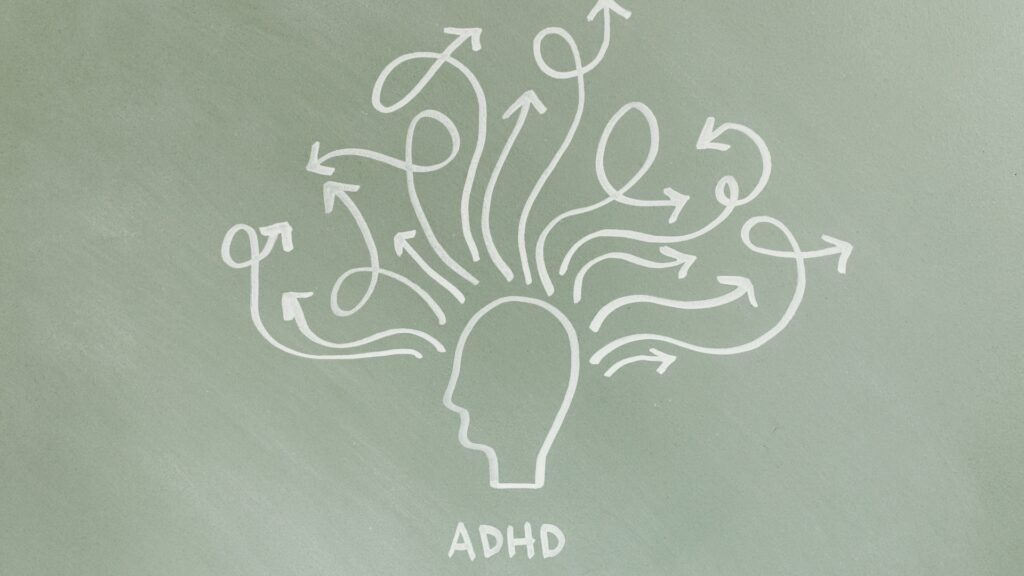Physical activity is not merely a conduit to achieving a toned physique or enhancing aerobic capacity. Beyond the visible benefits, exercise plays a pivotal role in enhancing mental well-being. The motivation to engage in regular physical activity often stems from the profound sense of well-being it instills.
Engaging in regular exercise offers a plethora of mental health advantages. It acts as a potent remedy for conditions like depression, anxiety, and ADHD. Furthermore, it alleviates stress, augments memory, ensures better sleep, and uplifts mood. Importantly, one doesn’t need to be an exercise enthusiast to harness these benefits. Even moderate amounts of physical activity can usher in significant positive changes.
Exercise’s Role in Combating Depression
Research underscores that exercise can be as effective as antidepressant medications in mitigating mild to moderate depression, sans the side-effects. For instance, a study by the Harvard T.H. Chan School of Public Health revealed that a mere 15 minutes of running daily or an hour-long walk can diminish the risk of major depression by 26%. Exercise combats depression by inducing neural growth, decreasing inflammation, and fostering a sense of calm. The release of endorphins, the brain’s feel-good chemicals, further elevates mood and energy levels.

Exercise as an Antidote to Anxiety
Physical activity stands as a potent remedy for anxiety. It dissipates tension, amplifies both physical and mental energy, and fosters a sense of well-being through endorphin release. Engaging in mindful exercise, where one is attuned to the sensations of the activity, can amplify these benefits.

Exercise’s Impact on Stress Management
Physical tension, manifesting as muscle tightness or headaches, often accompanies stress. Exercise serves as a conduit to relax muscles and alleviate bodily tension, ensuring both the body and mind feel rejuvenated.

Exercise’s Influence on ADHD
Regular physical activity is instrumental in reducing ADHD symptoms, enhancing concentration, motivation, memory, and mood. Exercise amplifies the brain’s dopamine, norepinephrine, and serotonin levels, which influence focus and attention.

Exercise’s Role in PTSD and Trauma Recovery
Engaging in mindful physical activity can help the nervous system transition out of the immobilization stress response, a hallmark of PTSD or trauma. Activities that involve cross-movement and engage both limbs, like walking or dancing, are particularly beneficial.

Additional Mental Health Advantages of Exercise
Beyond addressing specific mental health conditions, exercise offers a broad spectrum of benefits:
- Enhanced Cognitive Functions: Exercise augments endorphin levels, which in turn enhance concentration and mental sharpness. It also promotes the growth of new brain cells and counters age-related cognitive decline.
- Elevated Self-Esteem: Consistent physical activity fosters a sense of self-worth, instilling a sense of strength and empowerment.
- Improved Sleep Patterns: Engaging in physical activity can help regulate sleep patterns, ensuring restful sleep.
- Augmented Energy Levels: Regular physical activity boosts energy levels, ensuring vitality throughout the day.
- Fortified Resilience: Exercise equips individuals with the resilience to cope with mental or emotional challenges in a constructive manner, steering clear of detrimental coping mechanisms.
Harnessing the Mental Health Benefits of Exercise
Reaping the mental health advantages of exercise doesn’t necessitate prolonged, intense workouts. A mere 30 minutes of moderate exercise five times a week suffices. The key lies in consistency and gradually escalating the intensity and duration of workouts.

Final Thoughts and Pro Tips:
- Begin with achievable goals and progressively challenge yourself.
- Schedule workouts during your peak energy periods.
- Engage in activities you genuinely enjoy.
- Consider exercise a social activity; engage with friends or family.
- Integrate physical activity into your daily routine, even if it’s in short bursts.
- Remember, every bit of movement counts. Even if time-constrained, a brief walk can make a difference.
- Lastly, exercise should be enjoyable. Find activities that resonate with you and make them a part of your daily regimen. Your mind and body will undoubtedly thank you.














Leave a Review